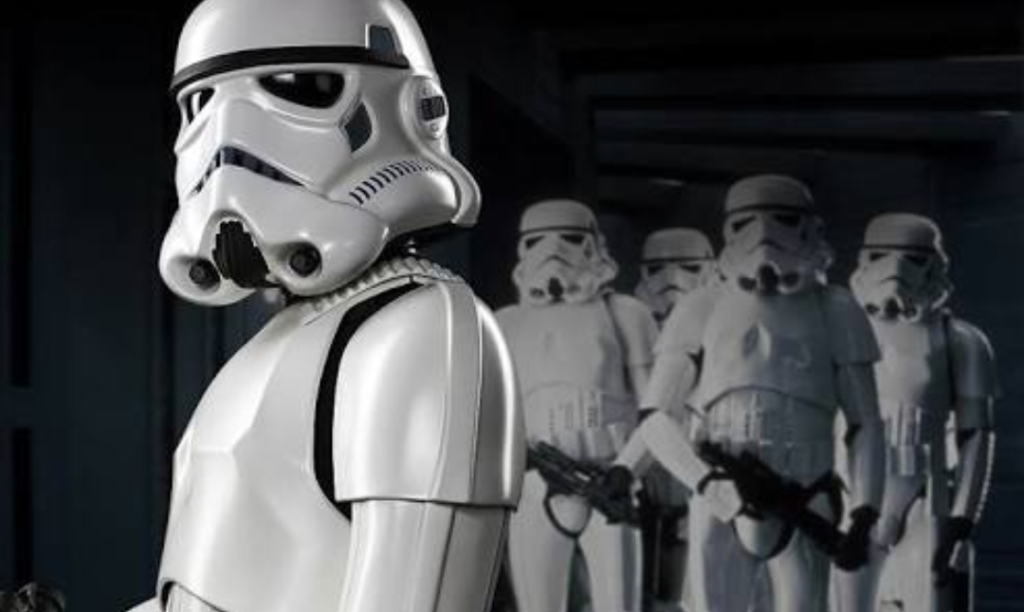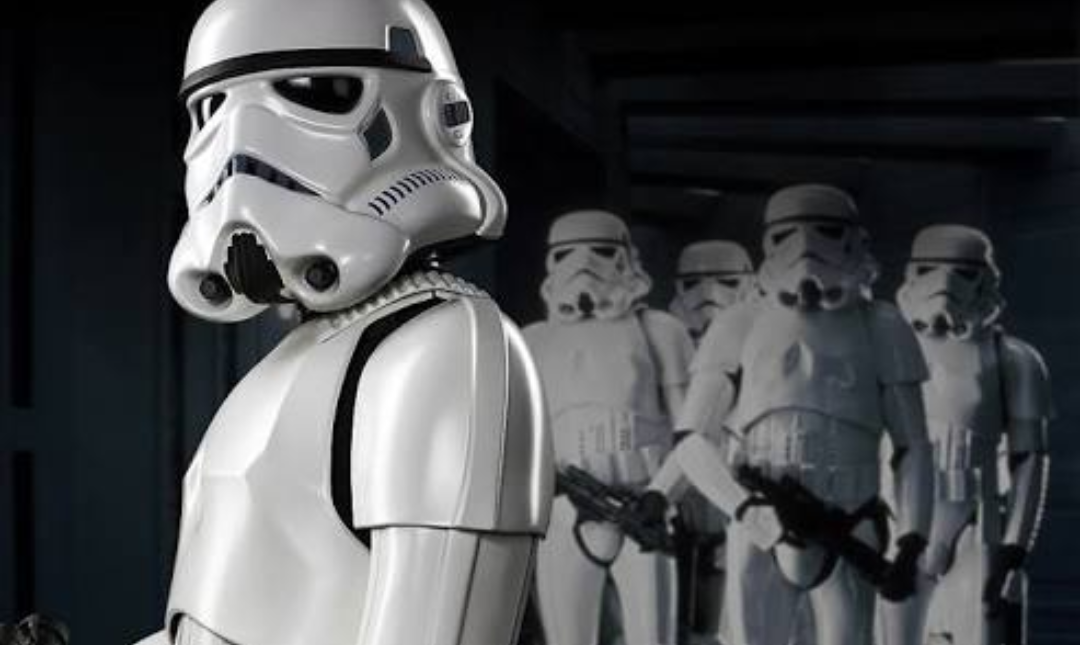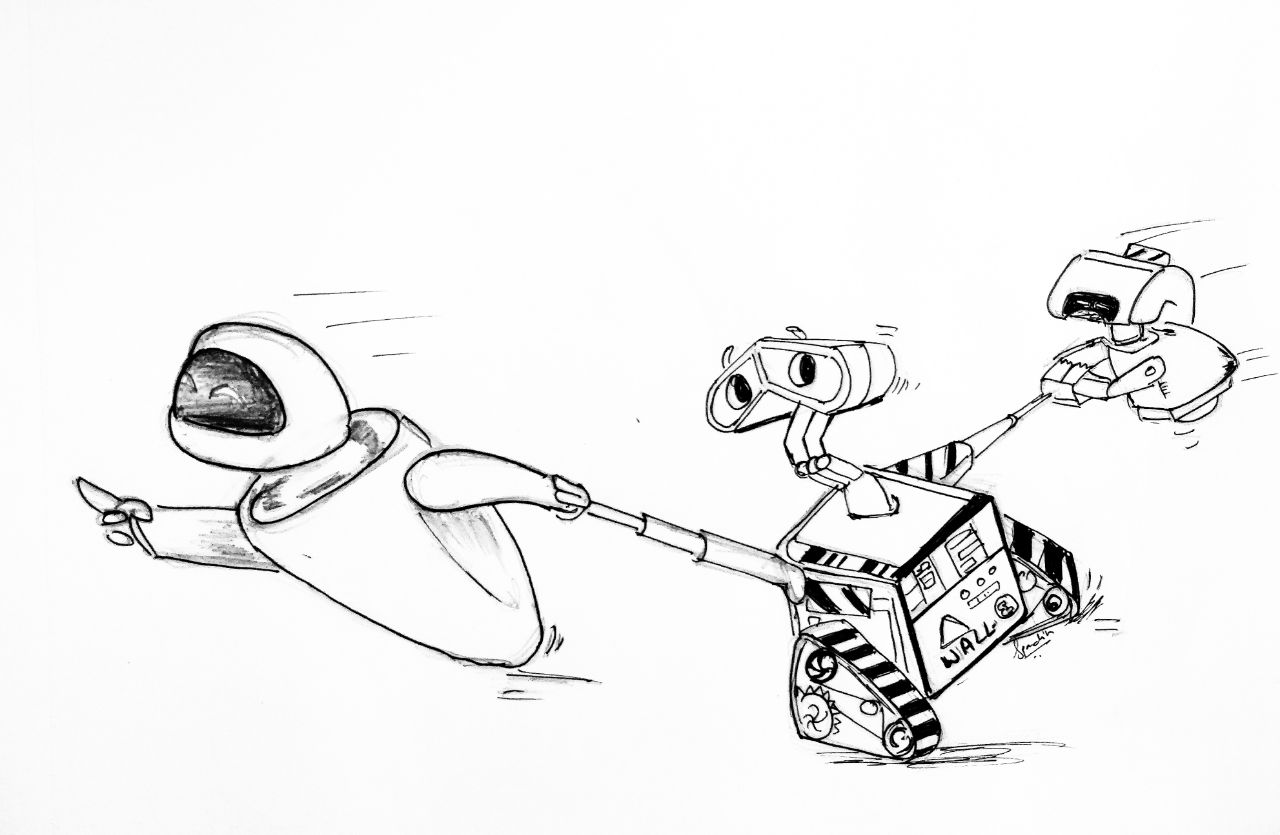
We are on the edge of change, comparable to the rise of human life on Earth. — Vernor Vinge
Let’s take a trip down the year 1750 – a time when the world was in a state of permanent power outage, and long distance communication had little to do with relationships and more to do with yelling vociferously, or firing cannons in the air. (Back when subtle formalities were uncalled for, and you could be as brash and bold you had to be -unless you’re female, a person of colour, physically or mentally challenged, essentially not a straight proud cis white dude. But more on that later.)
Now, let’s fast forward to the present – we’ve grown accustomed to seeing shiny capsules race by on a busy highway, had extensive conversations with individuals on the other side of the globe only earlier in the day, been witness to sport live in action a 1000 miles away, or perhaps more, and even replicate a musical piece that may have been composed millennia ago.
The human race has generated a map equipped with an almost paranormal moving dot that shows them where they are, and a whole array of other inconceivable sorcery. Moreover, this had all been conceived prior to International Space Station, the Large Hadron Collider, nuclear weapons, or general relativity.
Over the years, our visionaries have produced a culmination of space opera franchises, shedding light on the essence of artificial intelligence. Star Wars. Terminator. 2001: A Space Odyssey. Even the Jetsons. All of these are fiction, as are the robot characters. Ranging from a calculator to a self-driving car to something in the future that will potentially alter the course of our existence exponentially, AI can no longer be regarded as a mythical future enterprise.
Wariness surrounding powerful technological advances is not novel. Various science fiction stories, from The Matrix to I, Robot have exploited viewers’ anxiety around AI.
We’ve all come across the term ‘singularity’ – a term employed in mathematics to describe an asymptote-like phenomena where the point in consideration is not alanytic any longer. It’s been applied in physics as well, to describe an infinitely small, dense black hole, the point we were all squished into right before the Big Bang.
In the context of AI, we define singularity as the the point when technological progress occurs at a seemingly infinite pace, till AI surpasses average human intelligence levels. As of now, our optimum goal is to create AI as clever as humans overall, not just in one particular aspect.
Digital assistants like Amazon’s Alexa, Apple’s Siri or Tesla’s autopilot are all powered by AI. While concepts like calculus, financial market strategy, and language translation are mind-numbingly simple for a computer, vision, motion, movement, and perception simulation shall prove to be much tougher. It won’t be long before computers can recreate human intelligence, thus posing a threat to the human race at large. This could either usher in the golden age if human existence, or result in machine overlords subjugating people. Either way, it’s incredibly important to ensure this tech does not go rogue.
Predicting the future is a delicate game. We can only rely on our predictions of what we already have, and yet it’s impossible to rule anything out.
After all the barrage of conjecture and discussion surrounding this quantum leap, what’s crystal clear, is that the world of the future would bear little resemblance to the one we inhabit today.


Leave a Reply
You must be logged in to post a comment.